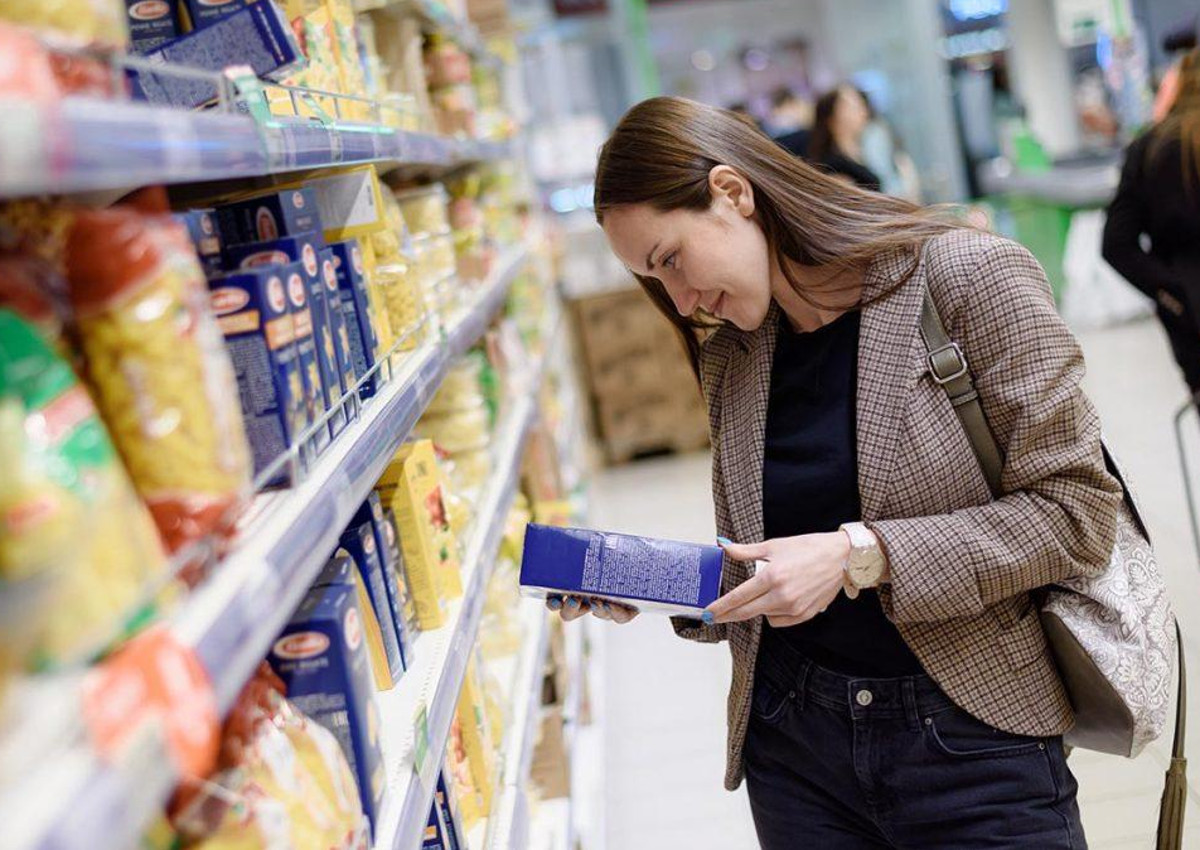
The Italian food chain continues to showcase commendable performance. From farm to fork, in 2023 the sector has amassed a turnover of €620 billion, marking a 14 percent increase compared to three years prior. Nevertheless, challenges persist. The most recent perturbation comes in the form of the so-called NutriScore, a ‘traffic lights’ labeling system that disproportionately disadvantages Italian goods, favoring competitors instead.
Fresh insights into this arena, crafted by the Divulga Studies Center, have been disseminated by Coldiretti, the Italian farmers’ association. Italy lays claim to an exceptional gastronomic heritage, underpinned by a staggering 1.13 million agricultural enterprises. Agriculture, at large, commands a valuation of €72 billion. Predominantly, crop cultivation leads the fray with €37 billion, trailed by livestock husbandry at €21 billion and ancillary support activities at €13.1 billion. Meanwhile, the food and beverage industry secures €178 billion, with an additional €146 billion stemming from retail transactions. Wholesale trade carves out a substantial chunk at €164 billion, complemented by a noteworthy €63 billion from the catering sector.
Italy retains its global mantle for premium productions, reigning supreme in Europe for PDO, PGI, and TGS-designated products. The repertoire encompasses a grand tally of 853 items spanning comestibles and oenological delights, surpassing France by 20 percent and Spain by a substantial 140 percent. The preceding year witnessed the Italian PDO Economy surging to a production value of €20.2 billion, marking a 6 percent annual uptick. Agri-food exports soared to an unprecedented €61 billion in 2022, with projections for 2023 soaring further to €64 billion.
However, these laurels, notwithstanding, face peril from counterfeit and Italian-sounding imitations, exacerbated by alarming or misleading packaging labels infiltrating diverse European markets. A poignant example is the recent green light given to label warnings regarding alcohol-induced harms in Ireland, slated for implementation by 2026. In parallel, the adoption of NutriScore by several European nations including Portugal, France, Germany, Belgium, the Netherlands, and Luxembourg, has sparked contention. Italian food industry associations argue that such a system disproportionately penalizes emblematic products of the Mediterranean Diet.
